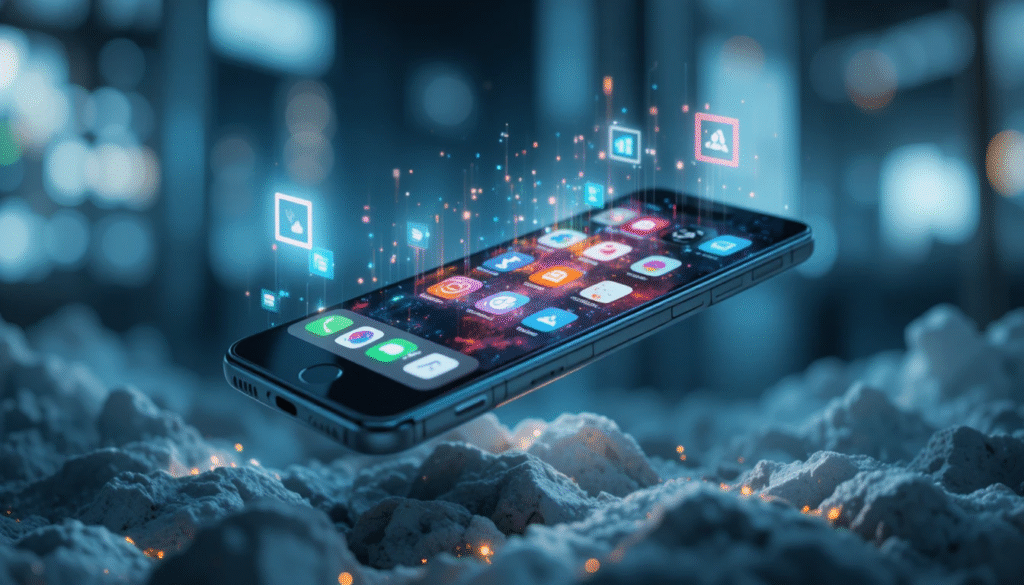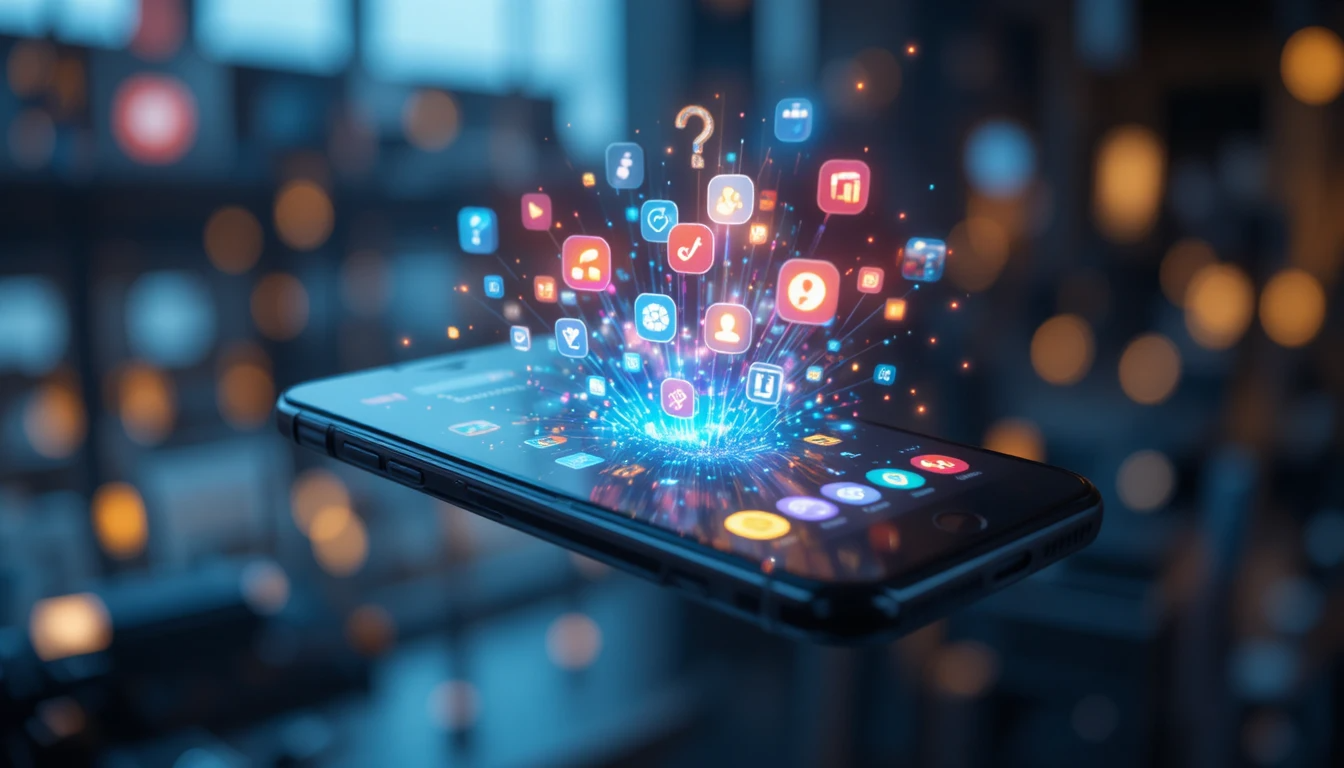During the past months, I’ve tested several mobile apps to improve both work and personal life. What I found interesting is how a simple app can save hours of effort, keep me more focused, and even make learning new skills easier. It feels like carrying a digital assistant in my pocket.
Mobile apps in 2025 have evolved into essential lifestyle tools. They are no longer just for entertainment—they now influence how we work, learn, and manage everyday responsibilities. With millions of apps available, developers are focusing on smarter features powered by artificial intelligence to create personalized experiences.
One of the most impactful areas is productivity. Modern task managers and calendar apps go beyond reminders—they predict deadlines, suggest the best time to complete tasks, and sync instantly across multiple devices. Collaboration apps have also transformed teamwork, offering real-time chat, video meetings, and project tracking in a single platform.

Health and wellness apps are another growing trend. From guided meditation sessions to AI-driven fitness coaching, these apps are helping people stay consistent with their goals. Many even provide mental health support, making wellness more accessible than ever before.
Another exciting category is educational apps. Students and professionals can now access interactive courses, language-learning tools, and AI tutors that adapt lessons to personal progress. This makes learning faster, more engaging, and available to anyone with a smartphone.
The biggest challenge users face is choosing the right apps from an overwhelming marketplace. Experts recommend focusing on apps that prioritize privacy, regular updates, and strong security features. Selecting wisely ensures that apps remain helpful tools instead of distractions.
Conclusion:
Mobile apps have become powerful companions in 2025, shaping productivity, health, and education. By picking the right ones, users can turn their phones into valuable tools that improve both efficiency and quality of life.
